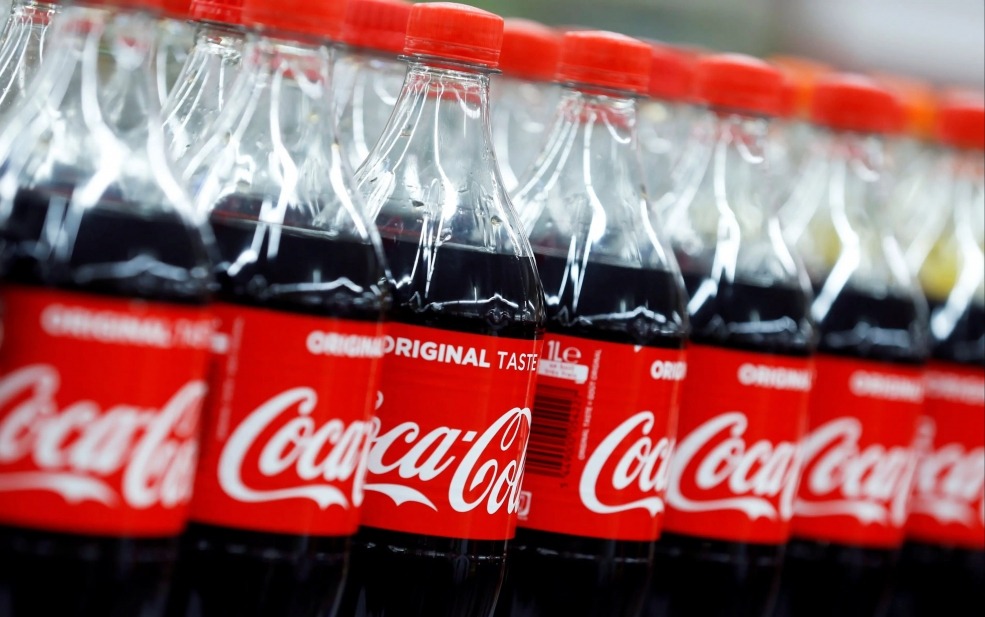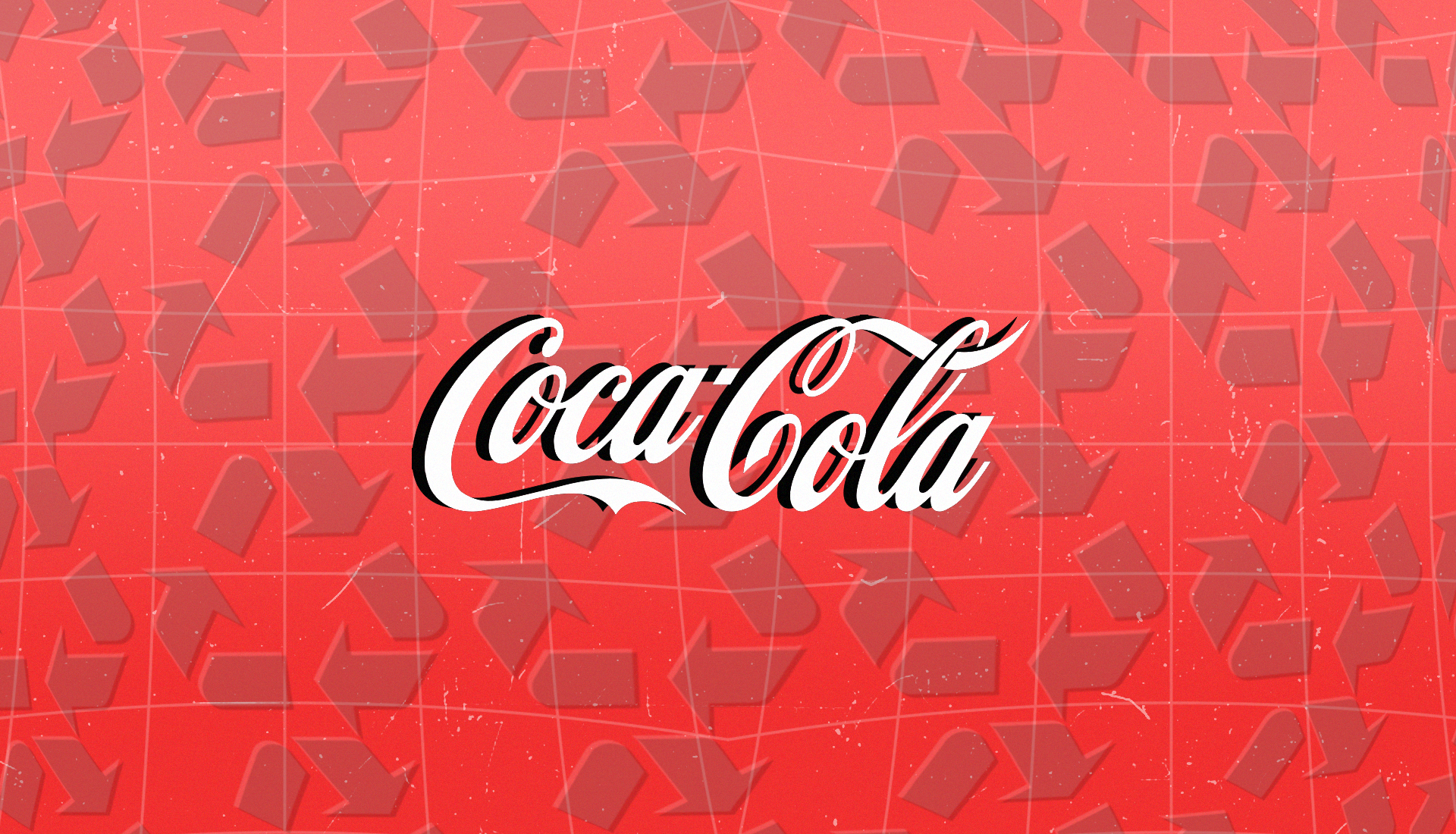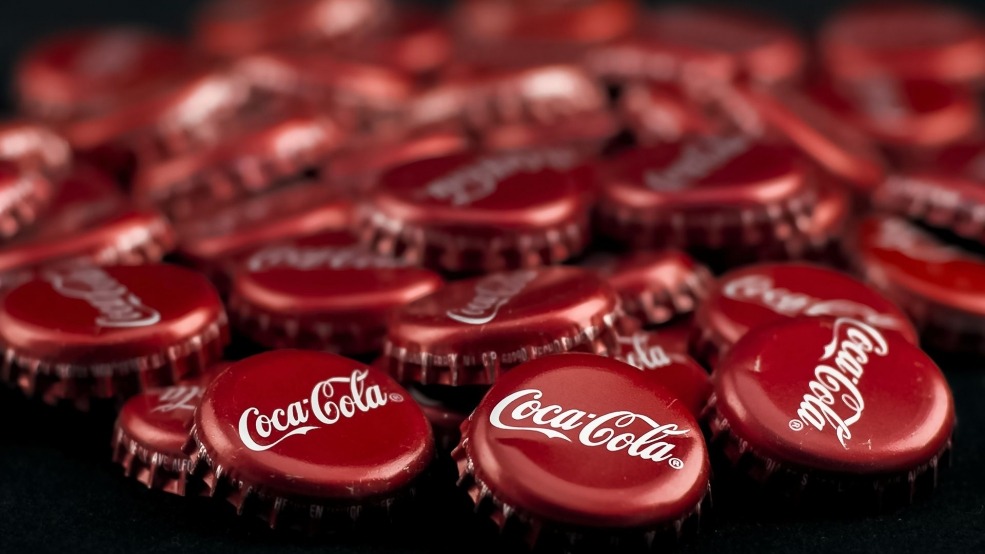Speaking to the BBC, Coca-Cola’s senior vice president made clear that the company has no plans to drop its heavy reliance on single use plastics.
It probably doesn’t come as a huge surprise to many that Coca-Cola is a significant producer of plastic waste. Most of us have purchased bottles of the fizzy stuff at some point and chucked the leftover containers into a recycling bin without a second thought.
But the extent to which Coca-Cola produces waste is staggering. Each year the company creates 3 million tons of packaging waste, with 200’000 plastic bottles produced every single minute. Last year it was named the world’s most prolific plastic producing company in a report by the #BreakFreeFromPlastic campaign. So, yeh, it’s not looking too good.
Despite its abysmal reputation and track record, Coca-Cola appears to be standing firm on its current business model and refusing to drop its single use plastics, at least according to its senior vice president Beatriz Perez who spoke to the BBC this week. ‘Business won’t be in business if we don’t accommodate consumers’, she stated.




















